|
2019 highlights:
0 Comments
Some significant accomplishments for me (Laura Boykin) for 2018.
What an amazing year! 2017 was a year of achievements and excitement. Thank you to all who have supported us throughout the year. Below are my (Laura Boykin) favorite things.
Submit your abstracts to the participate in our Systematics Research in Africa: Impact for Millions HERE. Then select S37!
S37. Systematics Research in Africa: Impact for millions The African continent is home to an enormous amount of biodiversity, presenting significant challenges in understanding and managing resources in a manner that respects human interactions with the natural environment. A group of scientists from Kenya, Tanzania, Uganda, Australia and the United States of America have formed a coalition that seeks to utilize advanced phylogenetic, genomic and computational techniques to generate robust phylogenies to aid in understanding this biodiversity. The resulting phylogenetic understanding provides the framework that enables solutions to problems affecting millions of African people, such as food security and disease. In this symposium, we would like to highlight the amazingly innovative and impactful research that is happening on the African continent, including applications in agriculture, biodiversity and medicine. Because much of Africa systematics research has been carried out separately from “mainstream” systematics research, we believe our symposium can contribute to better integration by highlighting current work in Africa, thus providing an opportunity for new collaborations to begin. Our ultimate goal is a more inclusive, diverse, and vibrant systematics community worldwide. Invited speaker: Joseph Ndunguru “Translating upstream science into impact and benefit for the poor” Any questions leave a comment below or email one of us! Today our paper is live! Alicai, T., Ndunguru, J., Sseruwagi,P., Tairo, F., Okao-Okuja,G. Nanvubya, R., Kiiza, L., Kubatko, K., Kehoe,M.A., and Boykin, L.M. 2016. Cassava brown streak virus has a rapidly evolving genome: implications for virus speciation, variability, diagnosis and host resistance. Scientific Reports. I have never been more excited or proud of a paper than I am of this one. 10 scientists (5 women and 5 men) from 4 different countries (Uganda, Tanzania, Australia and the USA) united to get to the bottom of the question “Why is CBSV more devastating than UCBSV? 10 people’s voices and contributions shine through in our paper. We listened to each other, we valued each other’s expertise and we did it. Scientific collaboration the way it should be done-respect, trust, determination and kindness. Did I mention I am super proud of us! Abstract from our paper: Cassava is a major staple food for about 800 million people in the tropics and sub-tropical regions of the world. Production of cassava is significantly hampered by cassava brown streak disease (CBSD), which is caused by Cassava brown streak virus (CBSV) and Ugandan cassava brown streak virus (UCBSV). The disease is suppressing cassava yields in eastern Africa at an alarming rate. Previous studies have documented that CBSV is more devastating than UCBSV because it more readily infects both susceptible and tolerant cassava cultivars, resulting in greater yield losses. Using whole genome sequences from NGS data, we produced the first coalescent-based species tree estimate for CBSV and UCBSV. This species framework led to the finding that CBSV has a faster rate of evolution when compared with UCBSV. Furthermore, we have discovered that in CBSV, non-synonymous substitutions are more predominant than synonymous substitution and occur across the entire genome. All comparative analyses between CBSV and UCBSV presented here suggest that CBSV may be outsmarting the cassava immune system, thus making it more devastating and harder to control. Behind the scenes: Our lead author Dr. Titus Alicai from NaCRRI guided us to answer a question that has been on the minds of cassava breeders and scientists for years- “Why is CBSV more devastating than UCBSV?”. In June 2015, Dr. Alicai traveled to the University of Western Australia for a month long digging exercise through millions of NGS reads in hopes of finding cassava brown streak viral genomes! But even before he arrived Drs. Joseph Ndunguru, Peter Sseruwagi and Monica Kehoe had spent a month (December 2014) extracting RNA from FTA cards in preparation for NGS sequences. It is a must to give a massive shout-out to Dr. Fred Tairo who has provided key inputs into the lab protocols and insights into how the genes in CBSV work. AND even before that the amazing crew in Uganda Geoffrey Okao-Okuja, Resty Nanvubya, Lilliane Kiiza had done ALL the hard work. They actually went out into the field and used their expertise to collect symptomatic plants and then carried out further RNA extractions and RT-PCR to verify the plants were infected with CBSD. Dr. Alicai spent a month digging and uncovered 3 new genomes from Uganda and then the fun began! We sat down and thought of our analyses strategy driven by Titus’s own experiences and with cassava breeders (and my stint at LANL where we analyzed HepC and Flu) we decided to analyze the CBSV and UCBSV separately (because plants respond differently to the infections in the field). Low and behold we observed CBSV and UCBSV have very different patterns of substitution across the whole genome (see Figure 2 in our paper). Fast forward to our push to get this paper out. We had the pleasure of hosting Prof. Laura Kubatko from Ohio State University at UWA and we showed her the data and told her the story and she was in to help too. She was able to try out her cool new tools SVDQ and sliding window and we were back and forth a bunch of times with the team in E. Africa during her visit asking if the analyses we were doing made sense and they were 100% involved in pushing us forward. We did it. Analyses were complete and we are proud of our teamwork. Plus, in-person visits were KEY to our success When it came to writing the paper- we all did it. We made an outline, headings, subheadings, assigned people sections and we did it. The drafts flew over the next couple months then we hustled the paper and it landed in Scientific Reports. We all put this paper on the top of our priority list because we know it matters. It matters to get this story out for the farmers in East Africa who are dealing with the devastation caused by these viruses. It also matters to highlight how a true scientific collaboration can work with respect and trust for a common goal. Personally, the other 9 coauthors are not just collaborators, they are my friends. I am forever grateful to this team for allowing me the great privilege to be apart of such an amazing movement to make the lives of the poorest people on the planet a little bit easier by having enough cassava. This is one of many. A few photos of our journey! |
Laura M. BoykinComputational Biologis | TED Fellow| I want to do science that matters for people that matter. Archives
December 2019
Categories |

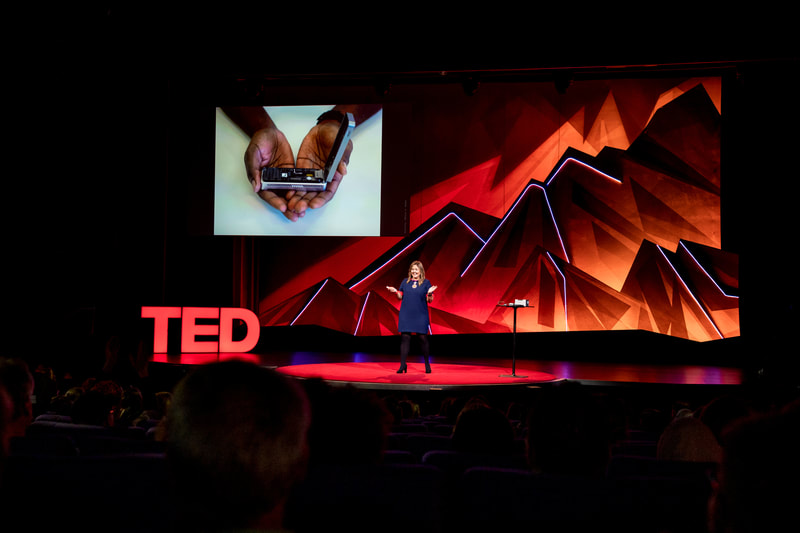
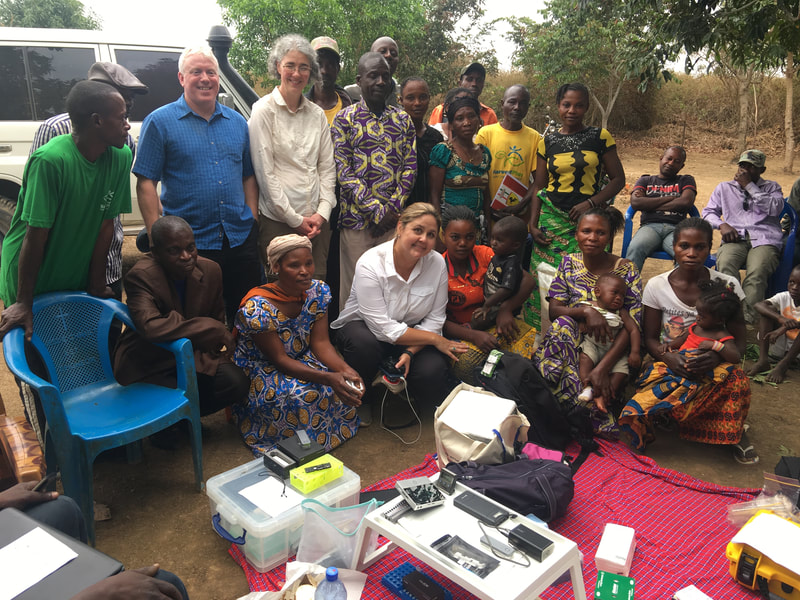
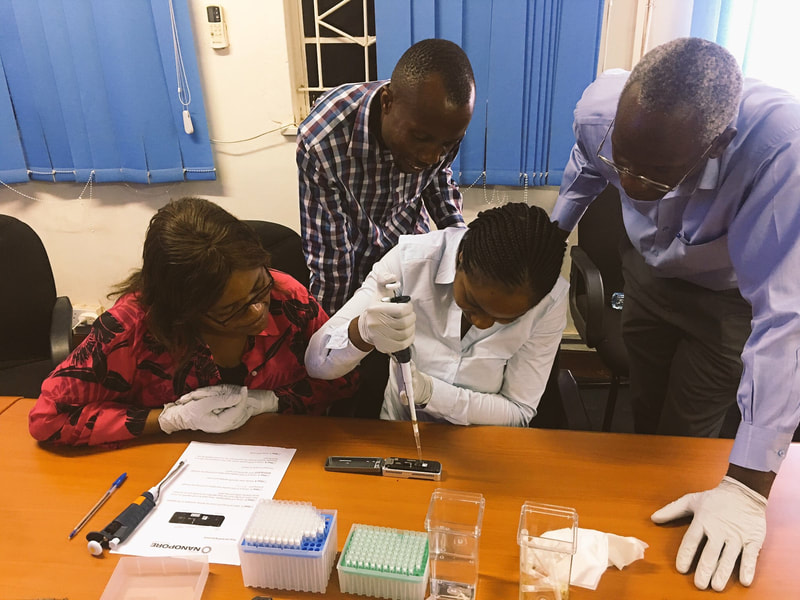
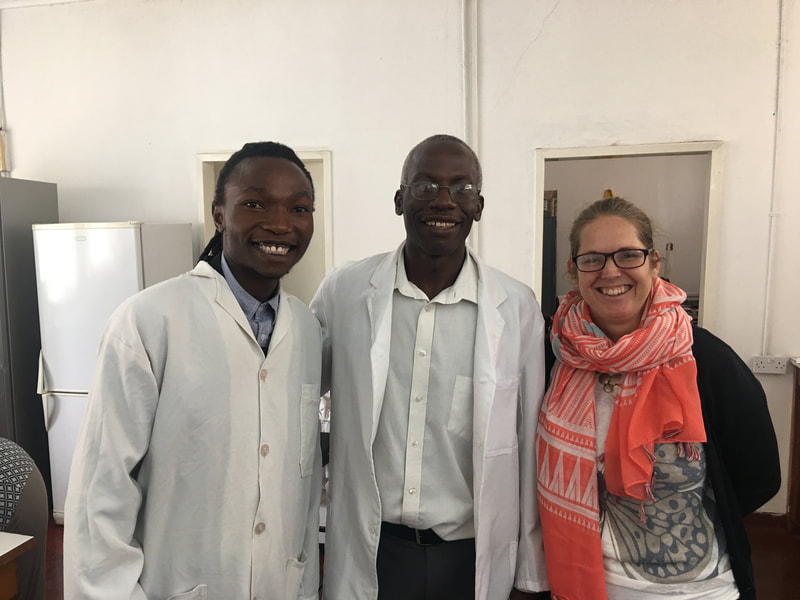
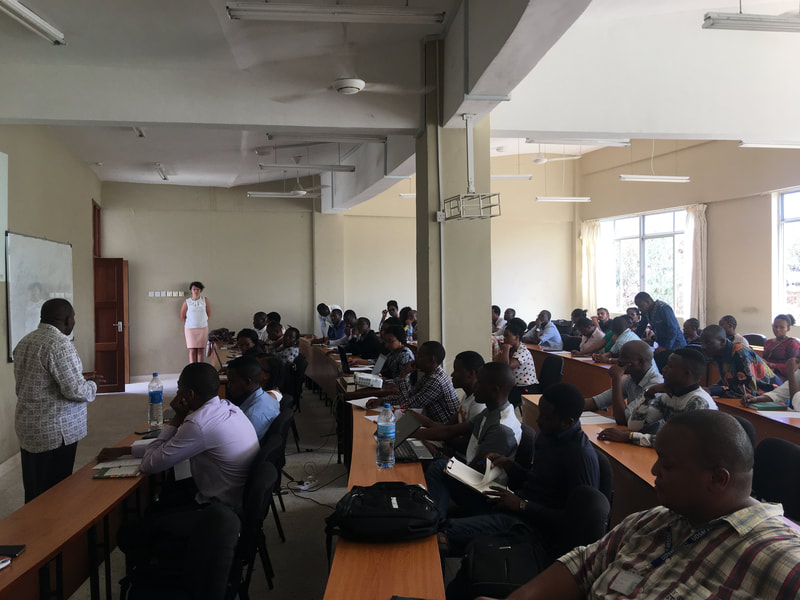
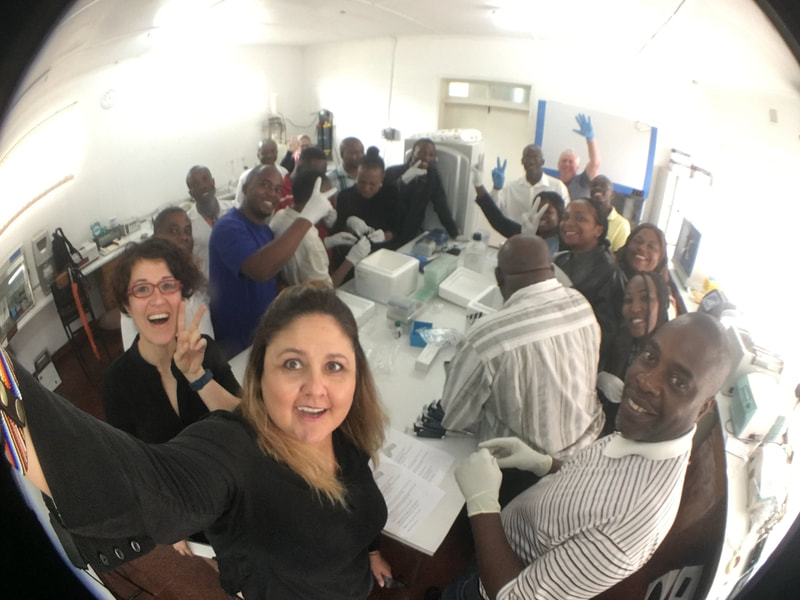
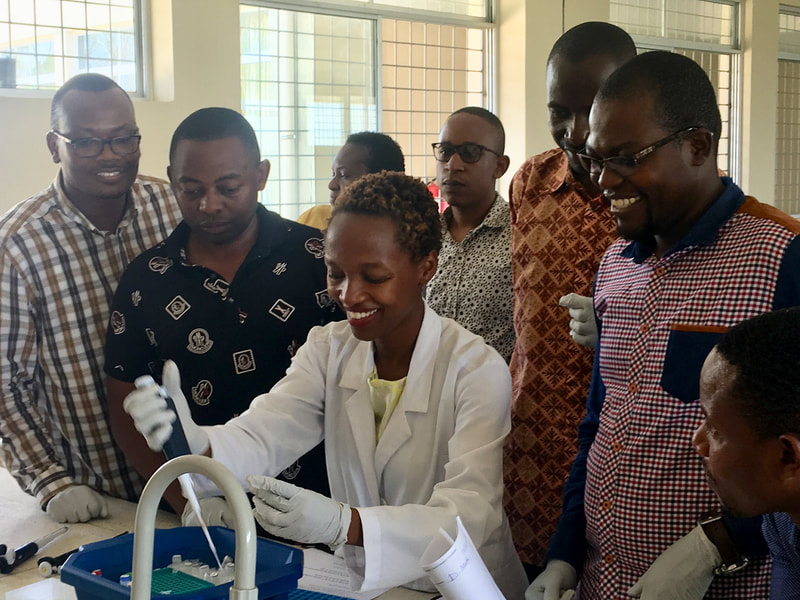
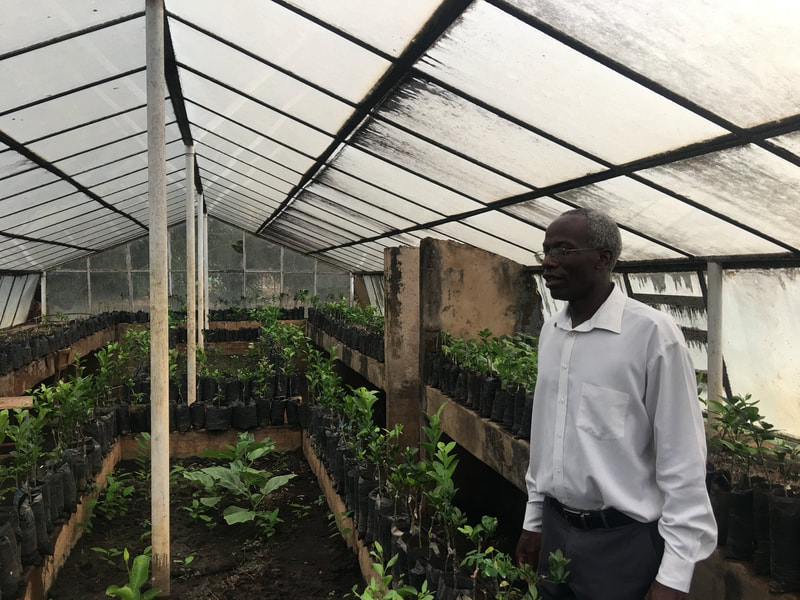
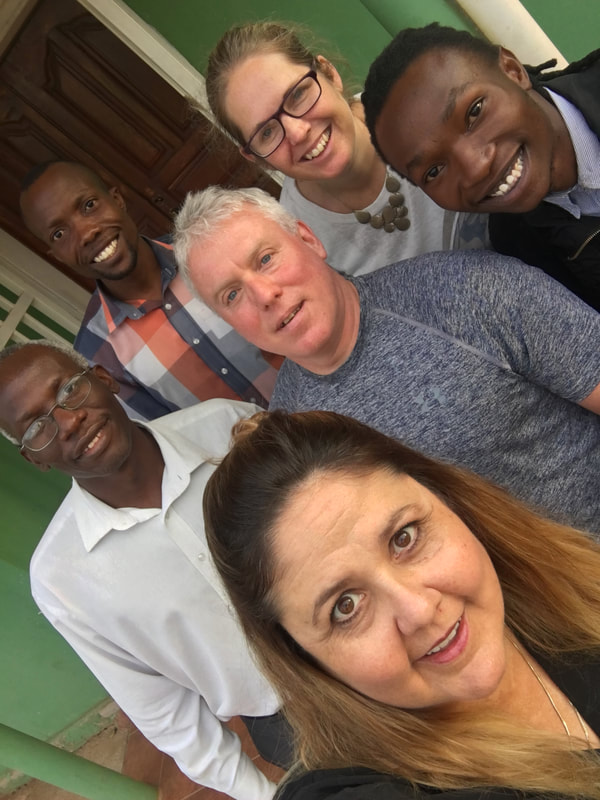
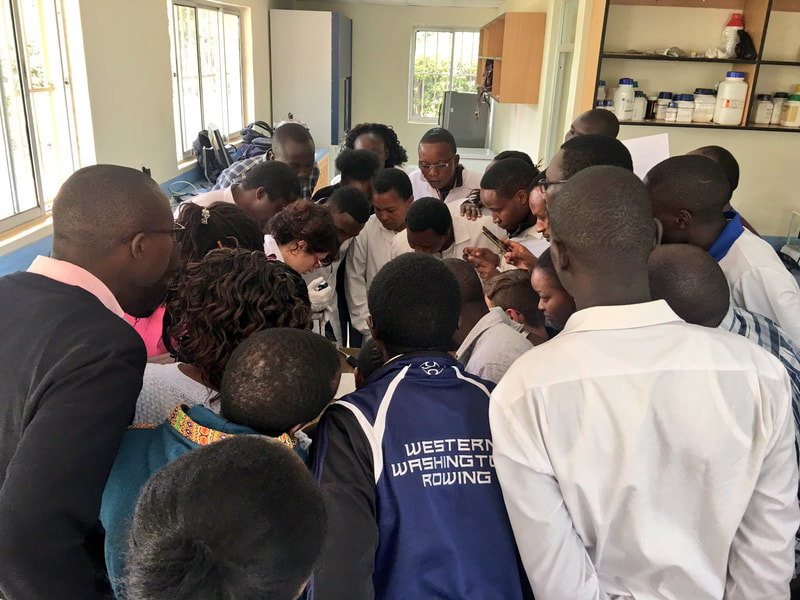
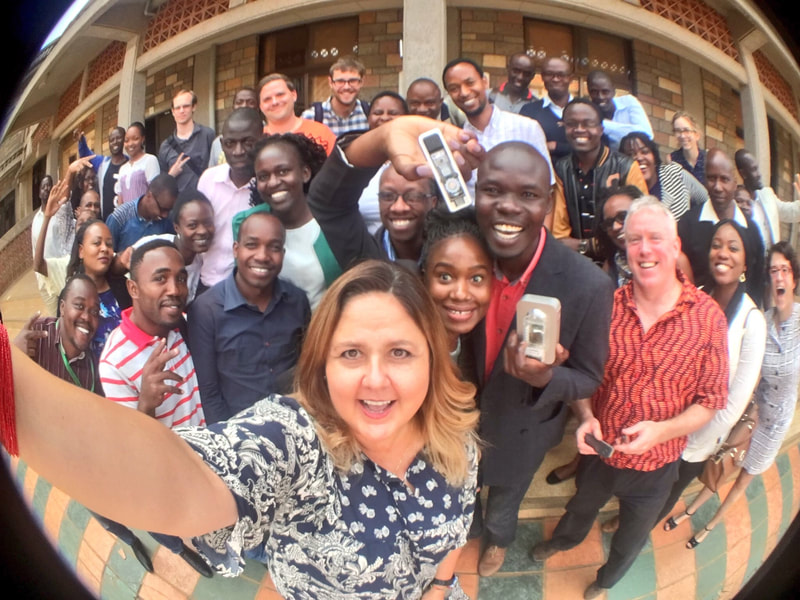
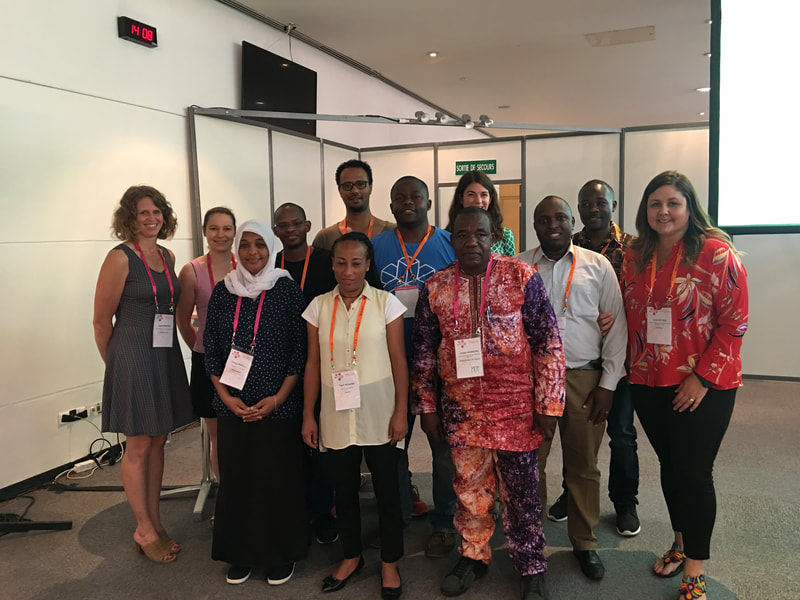
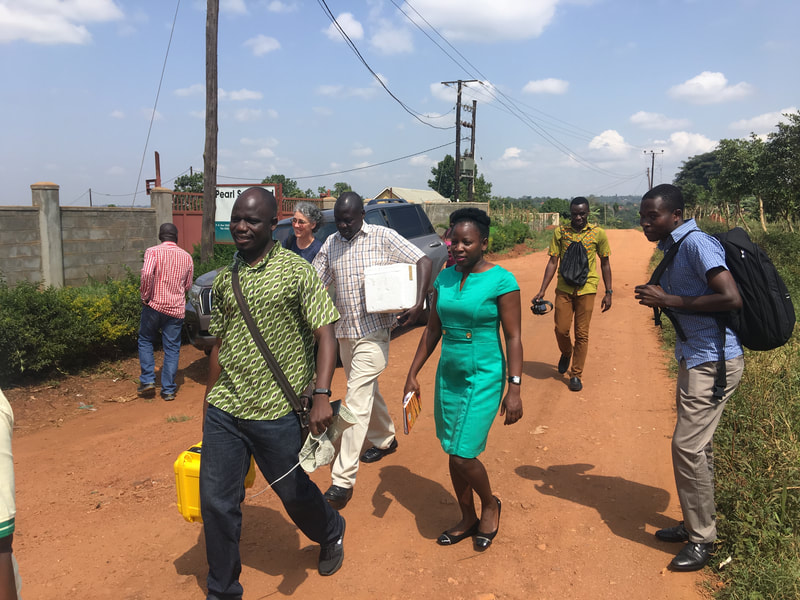
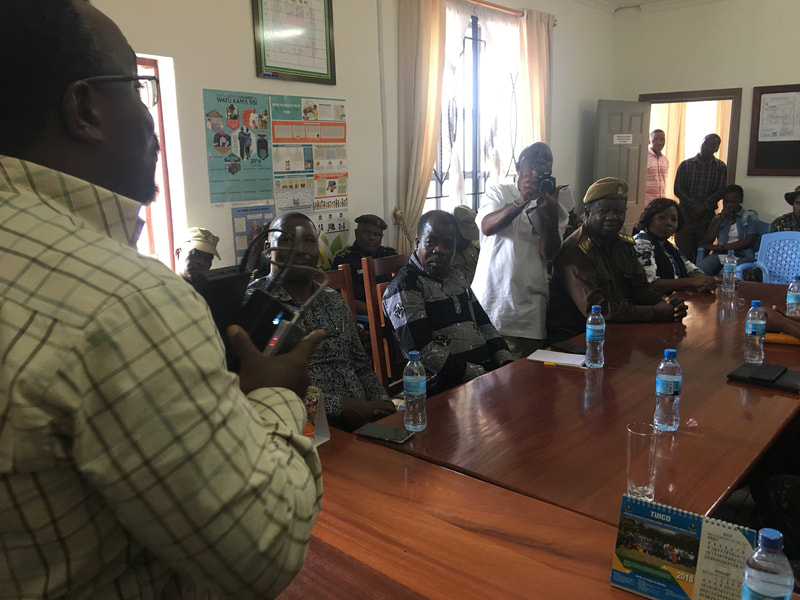
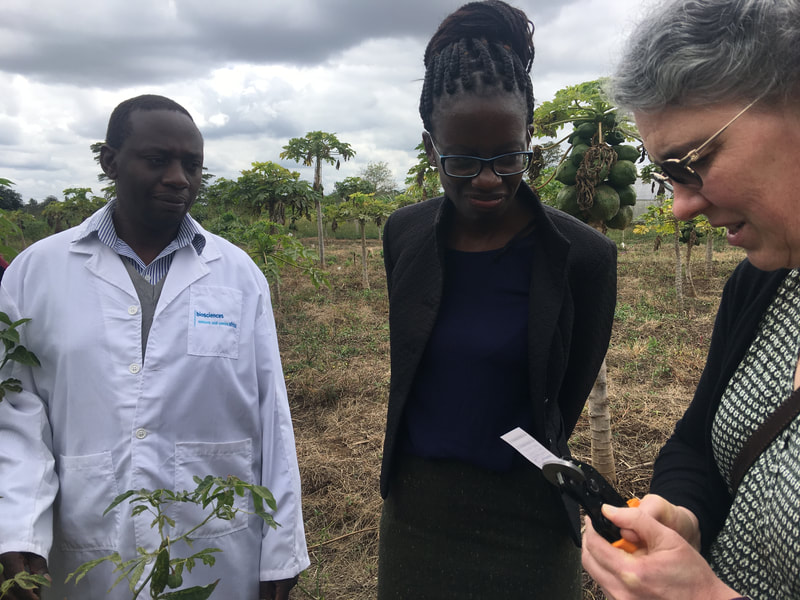
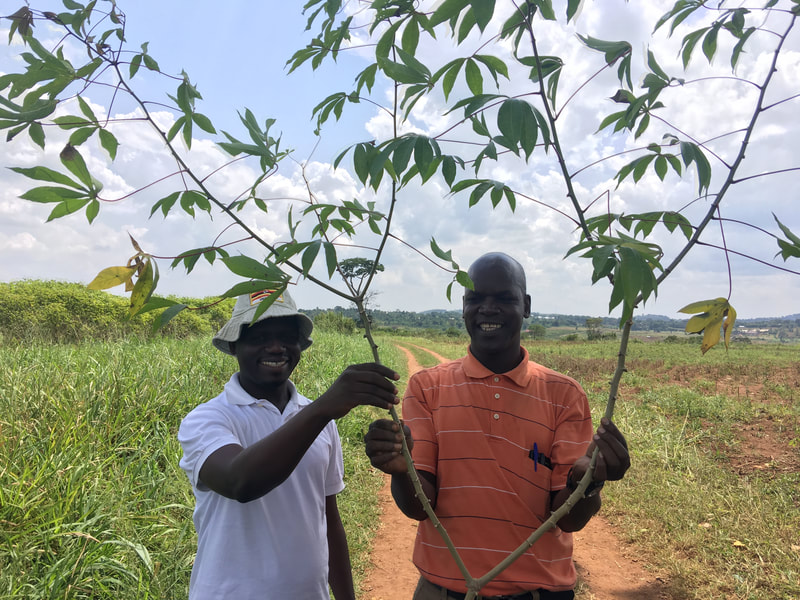
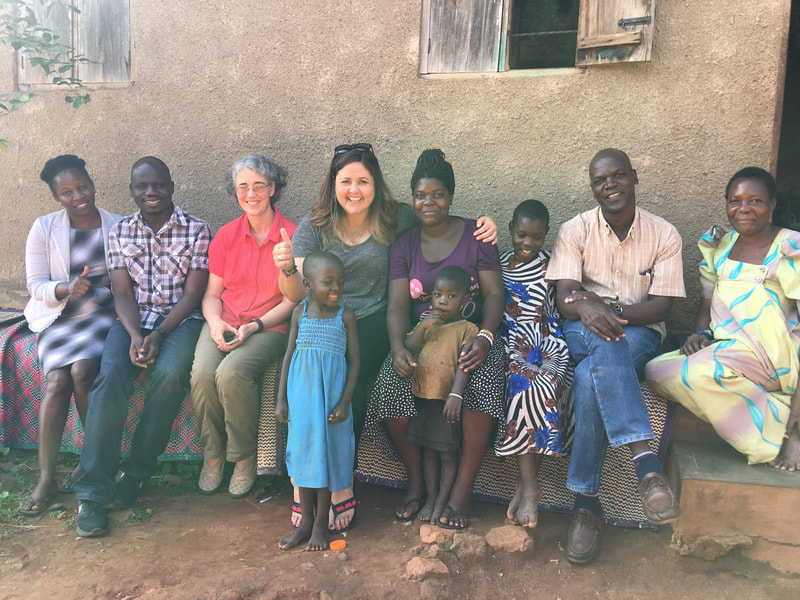
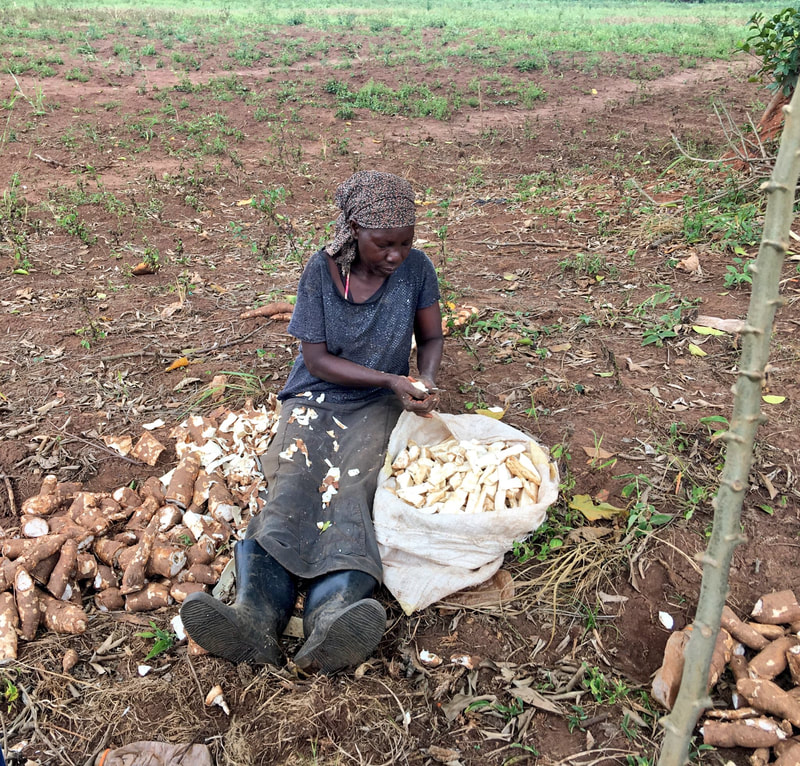
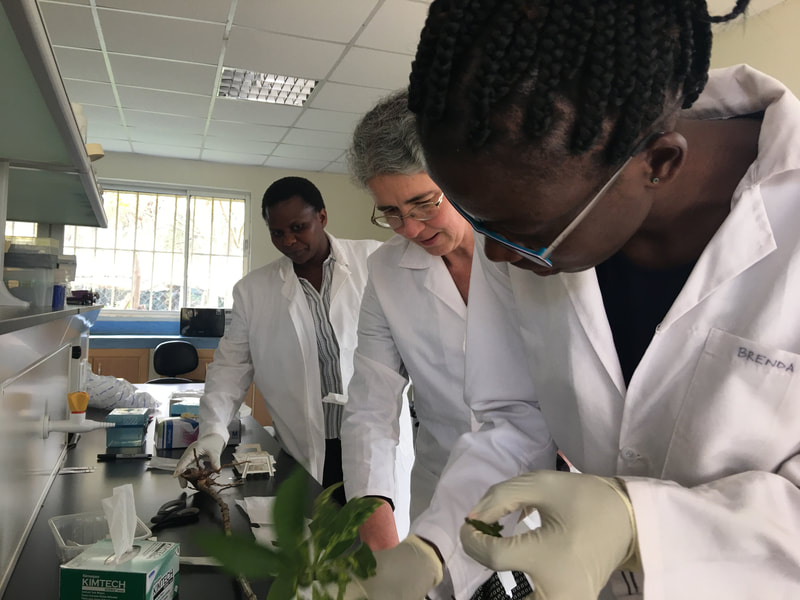
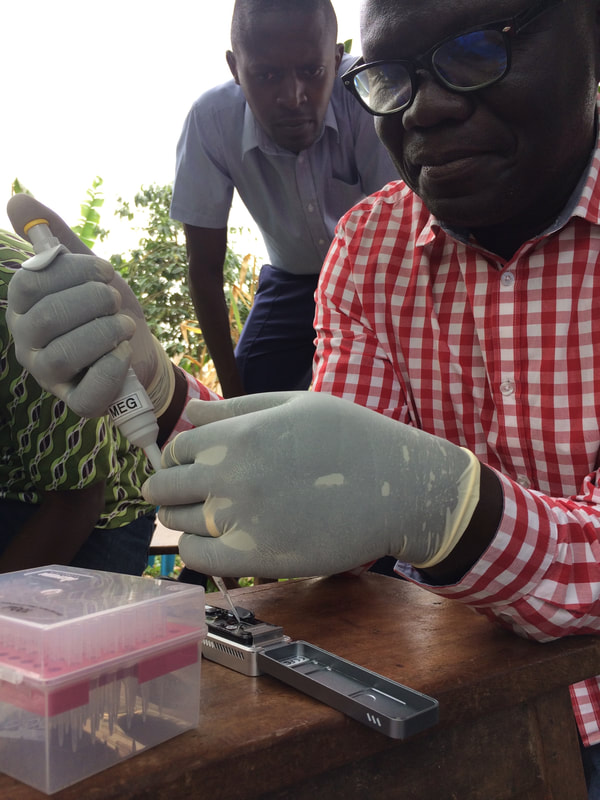
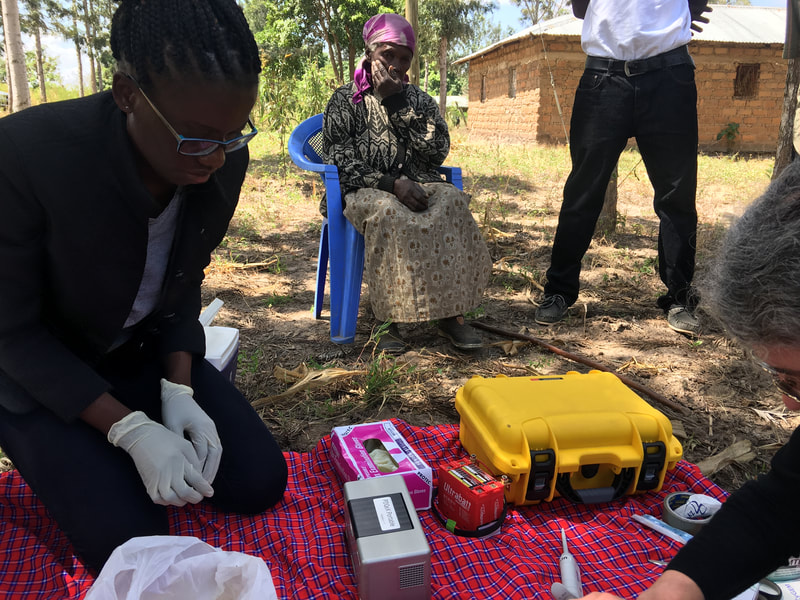
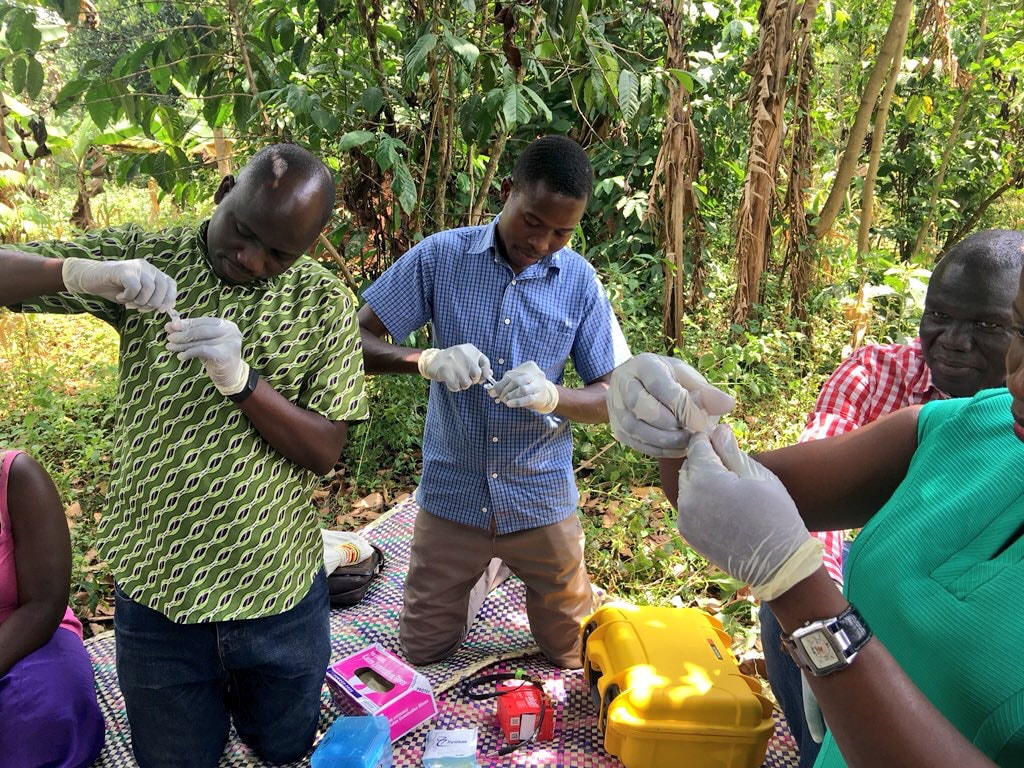
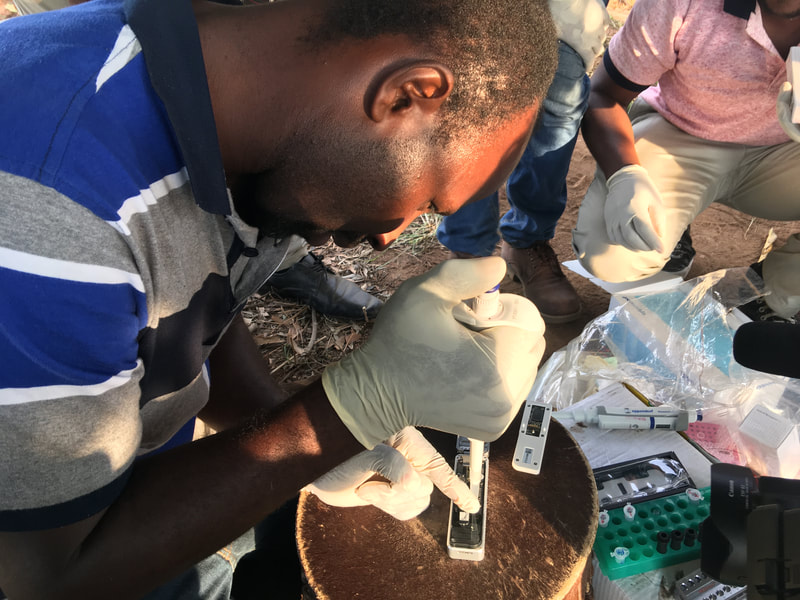
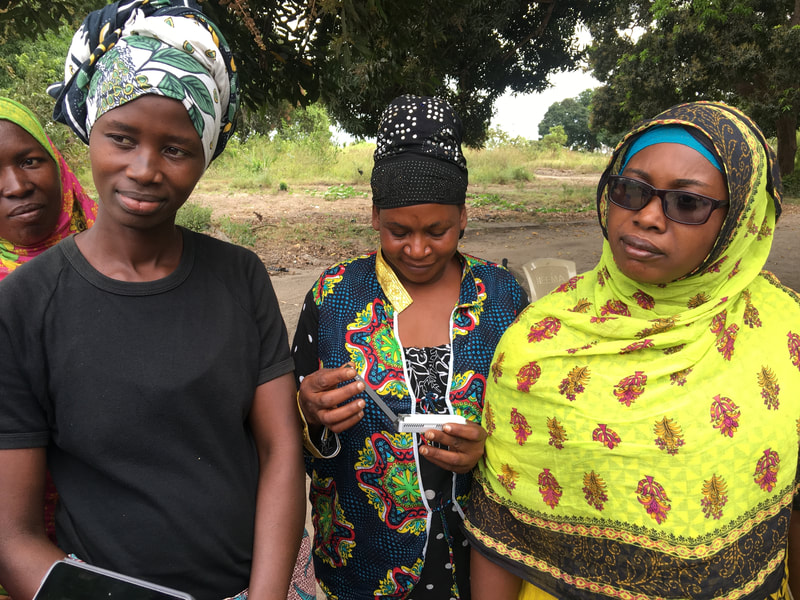
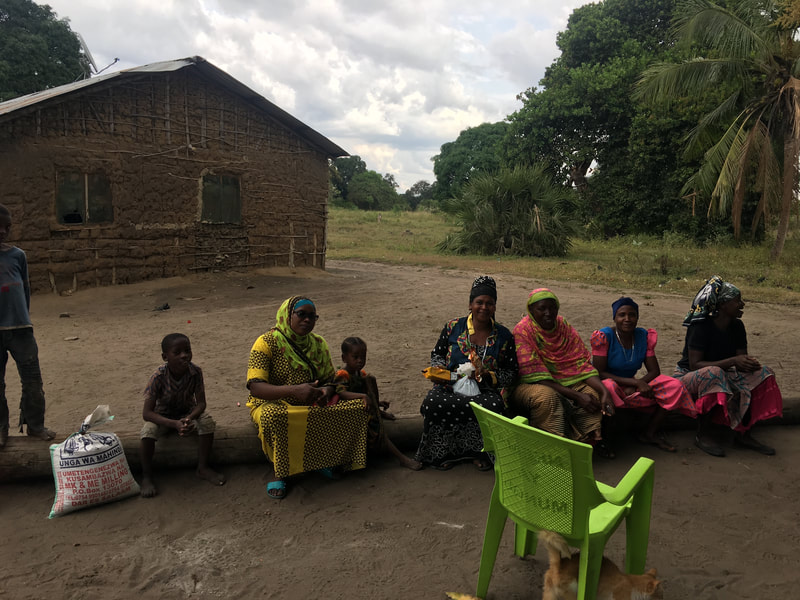
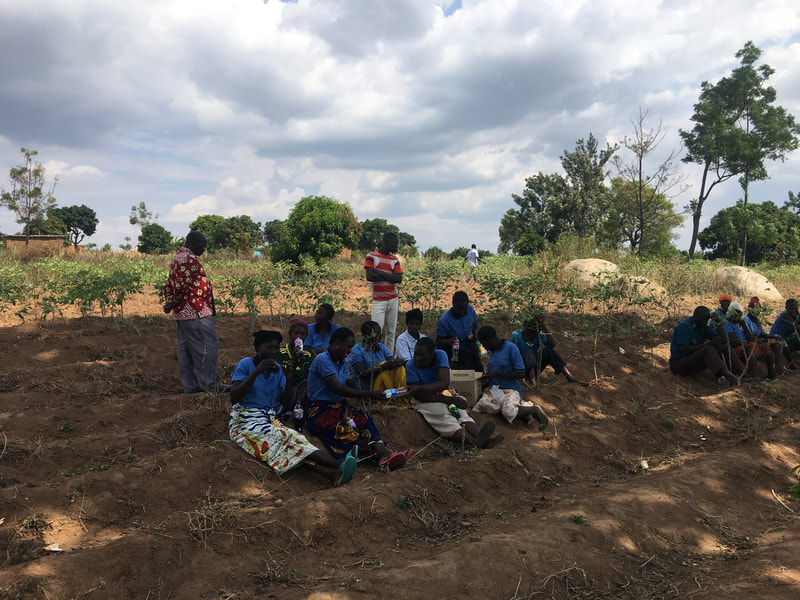
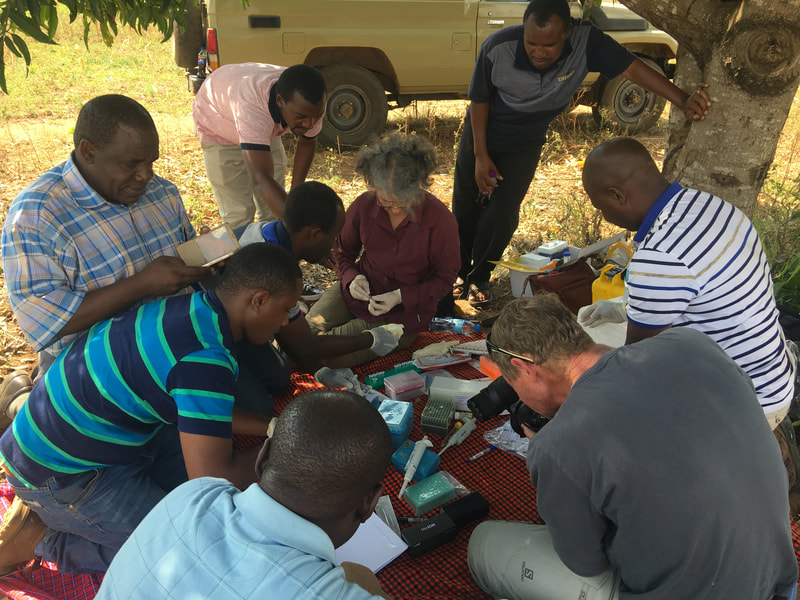
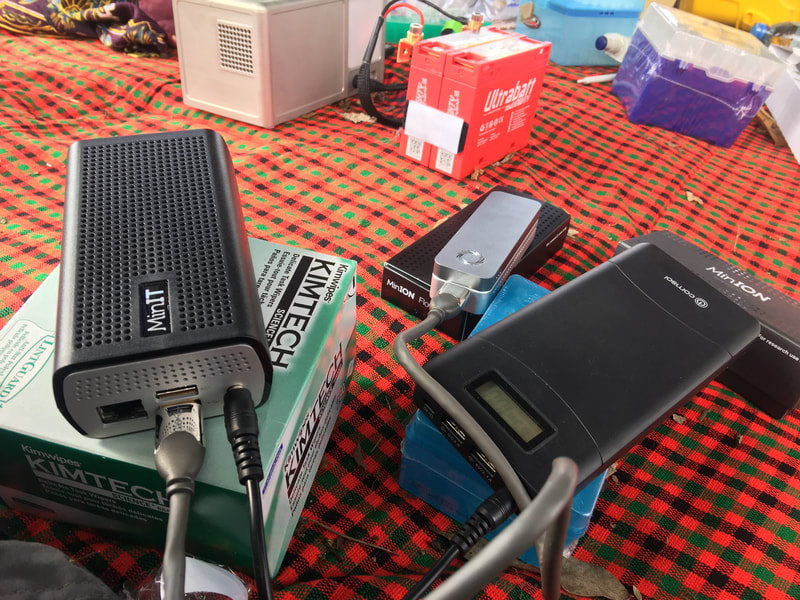
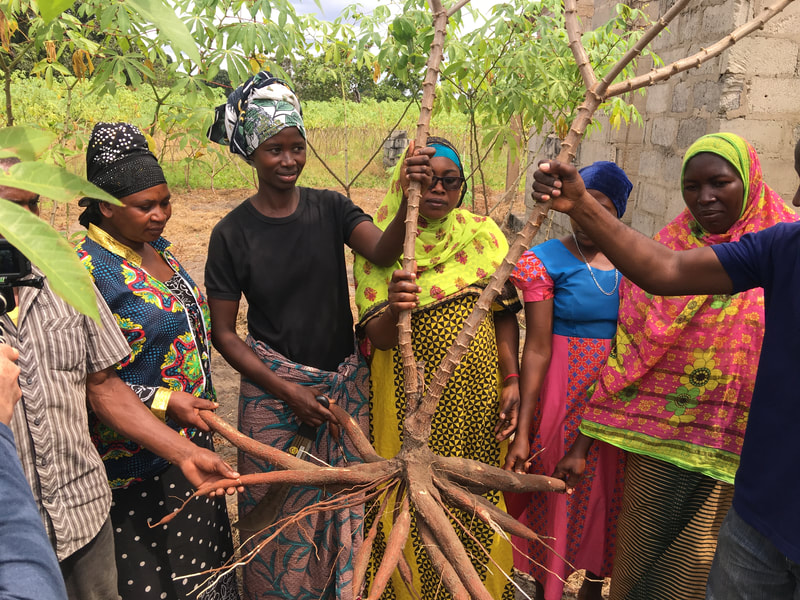
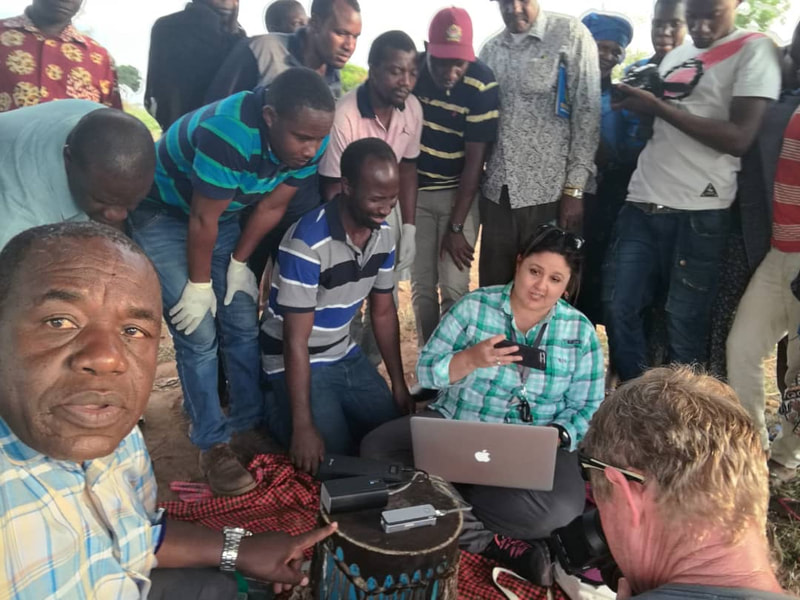
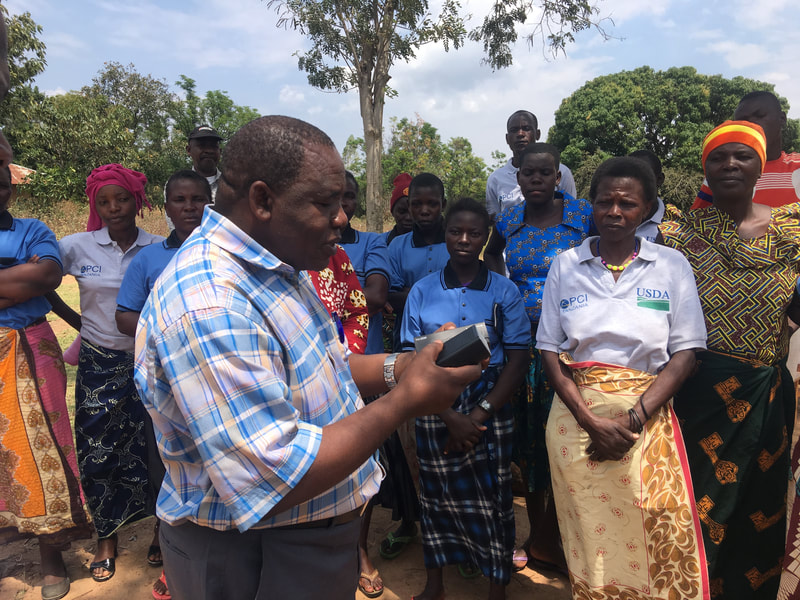
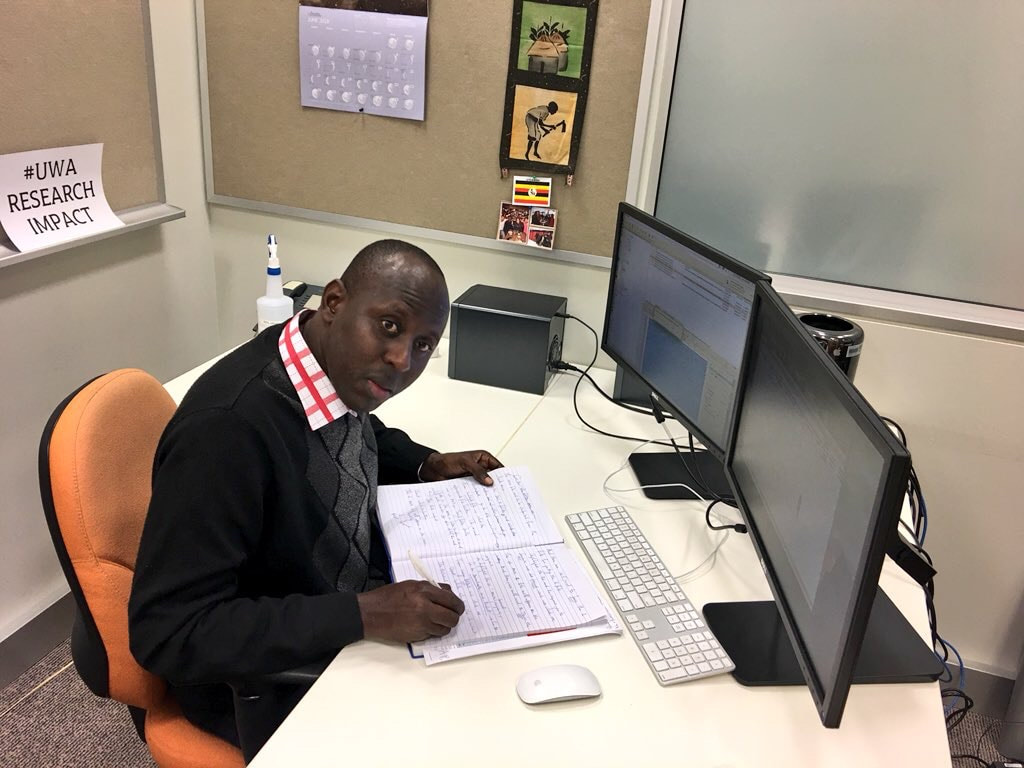
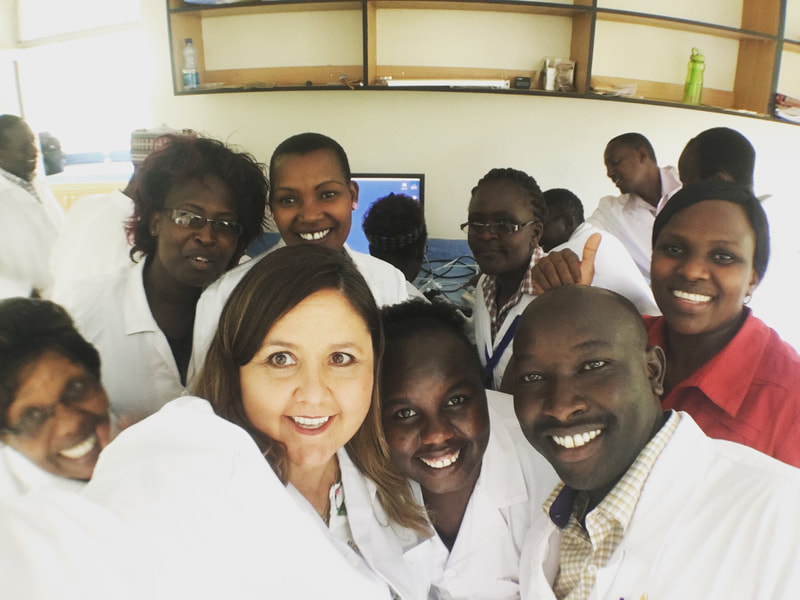
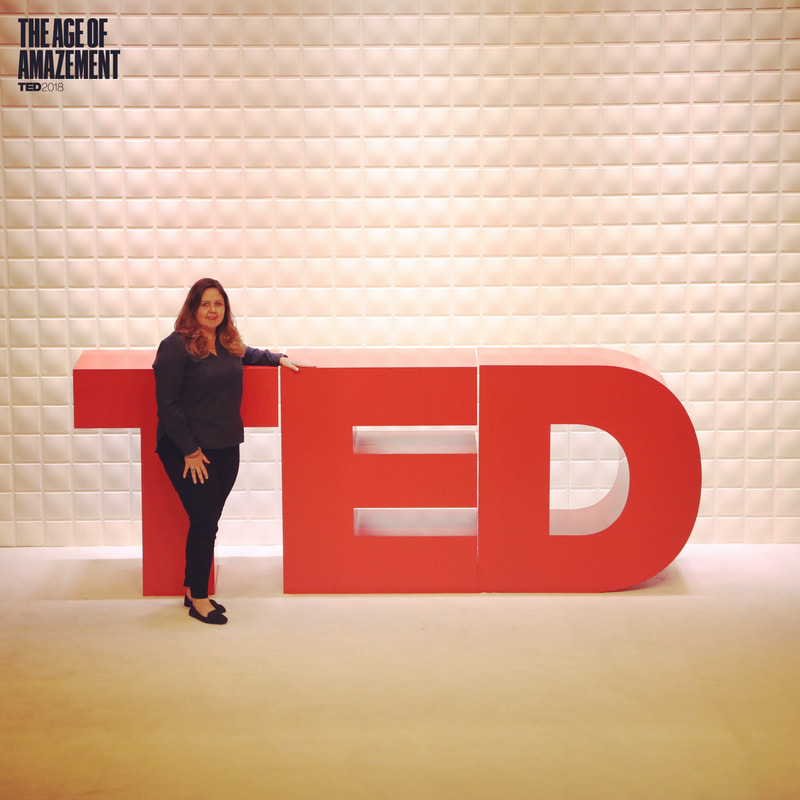
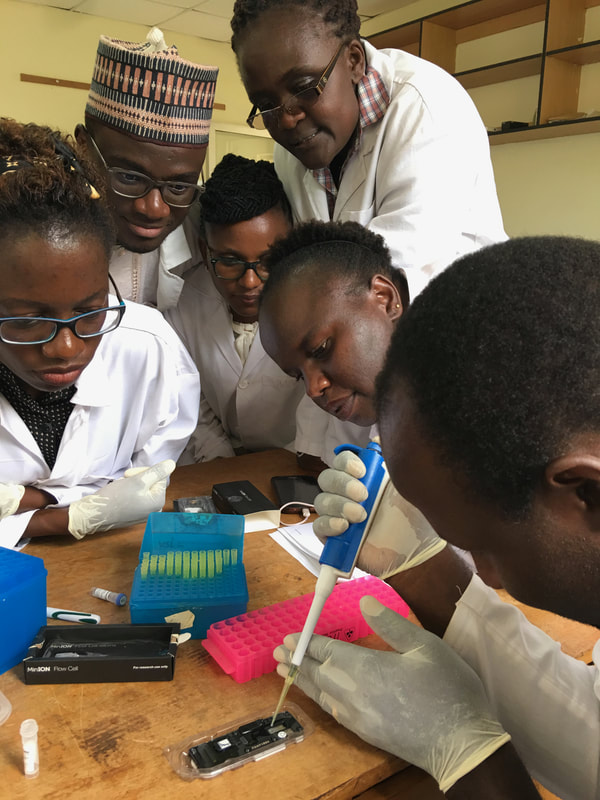
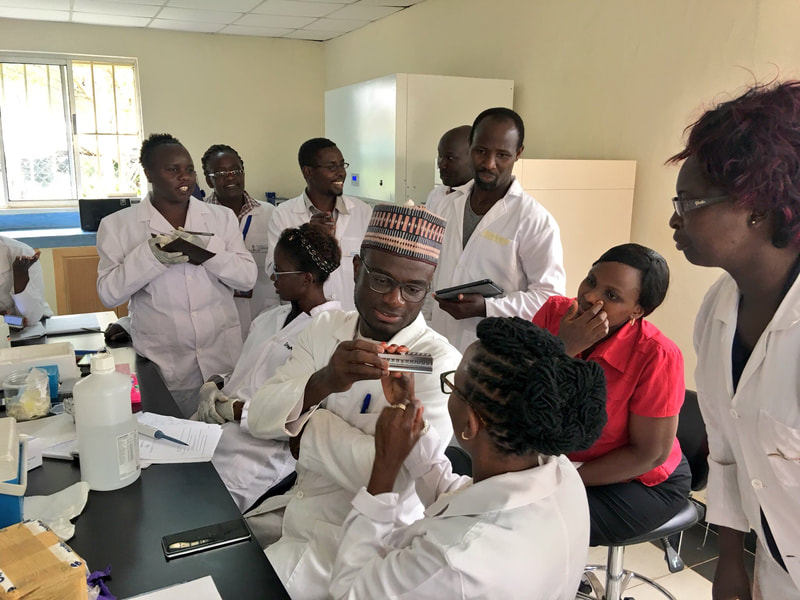
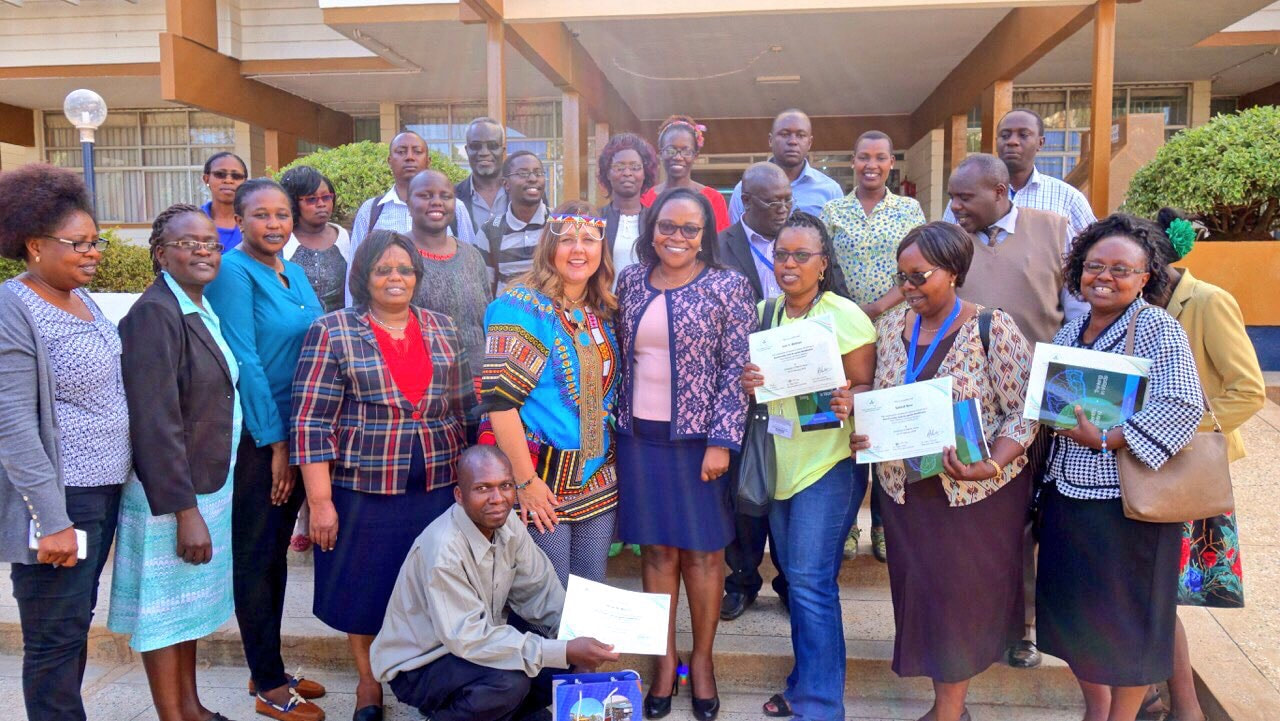
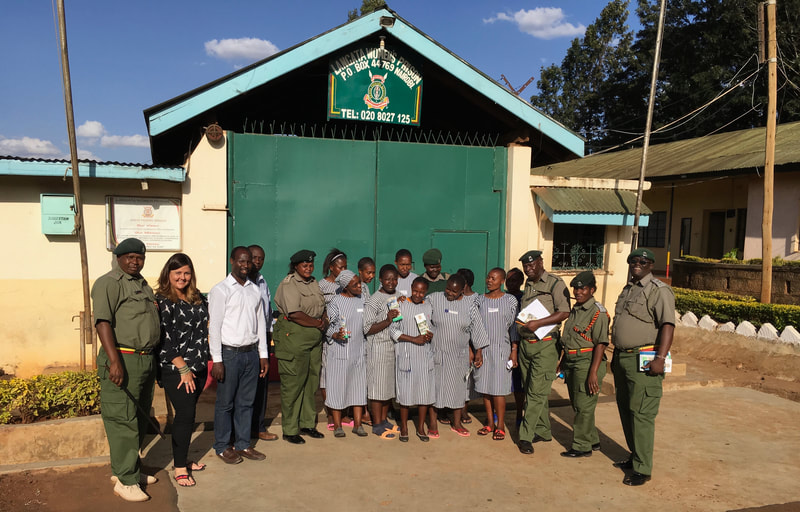

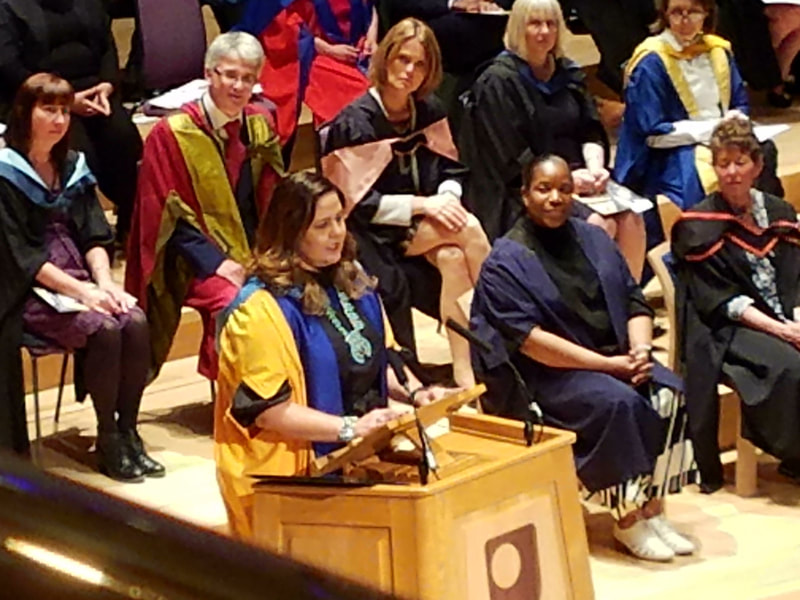
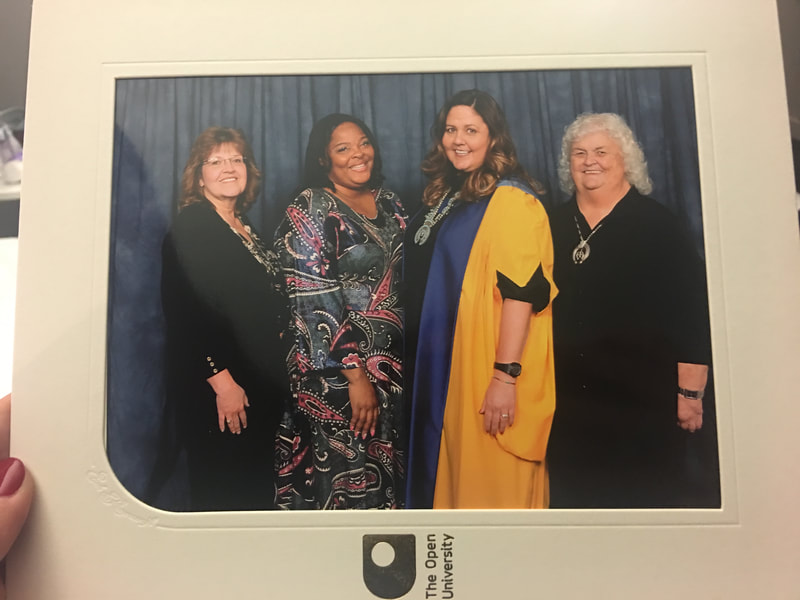
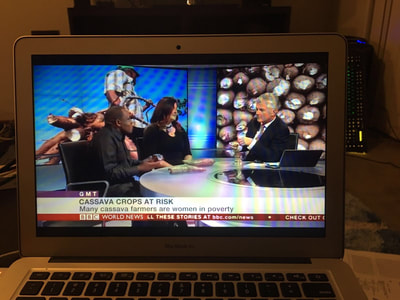
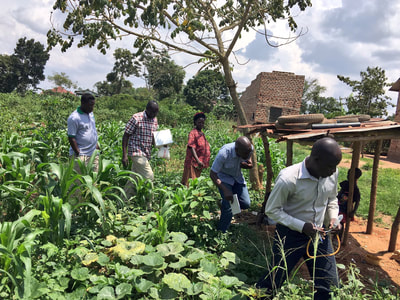
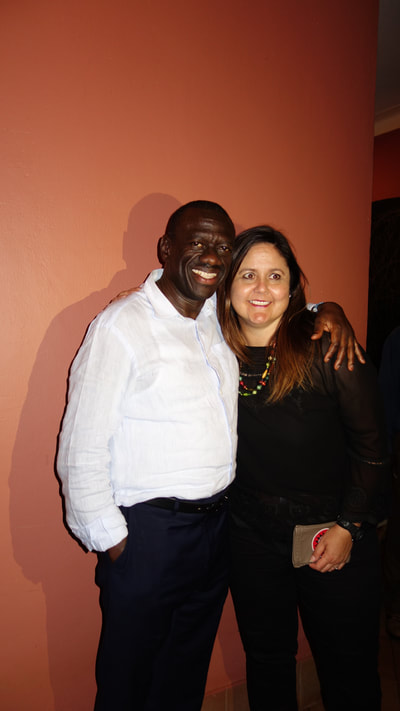
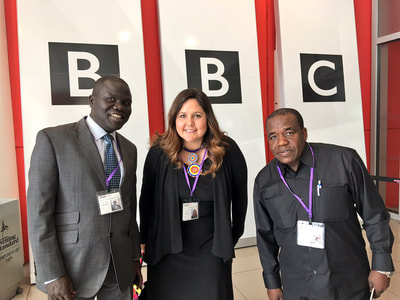
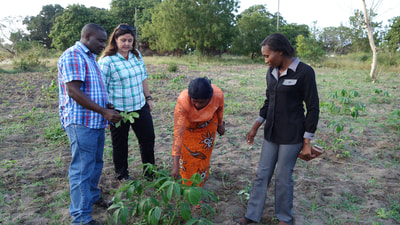
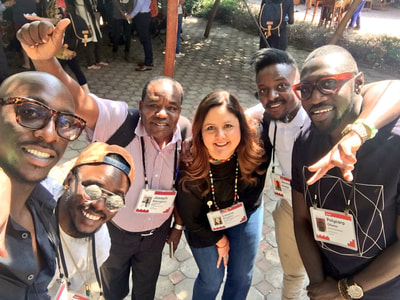

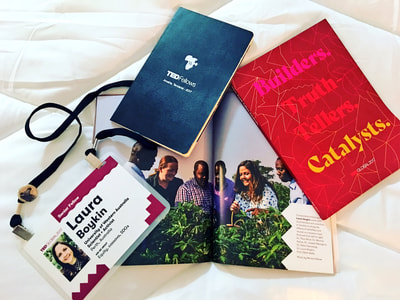
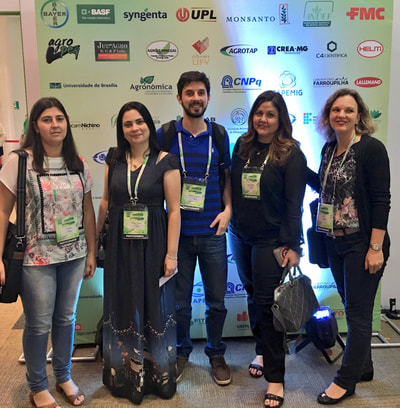
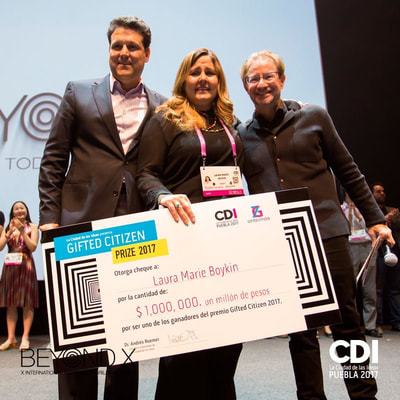
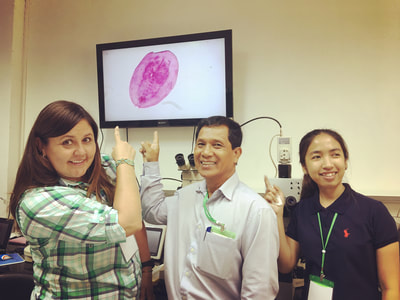
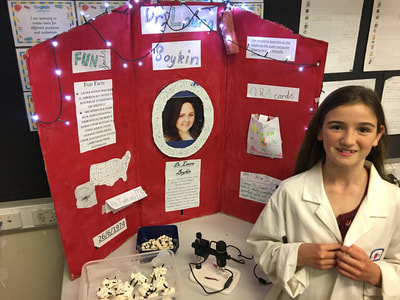
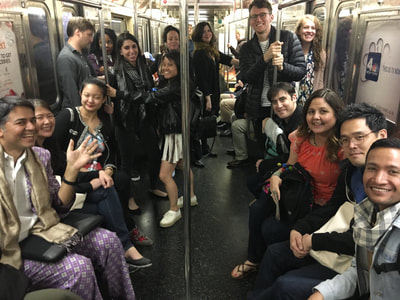
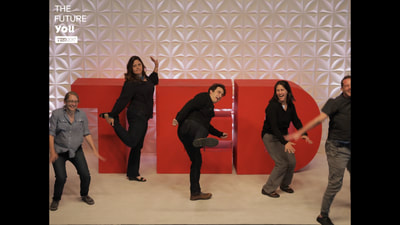
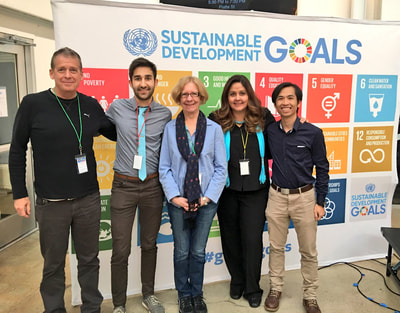
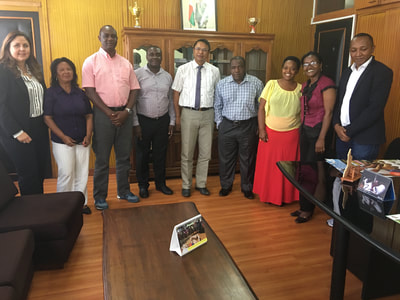
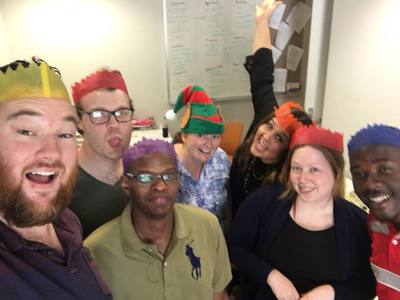
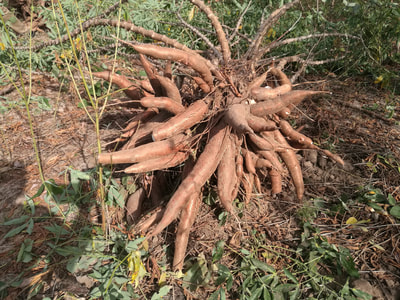
 RSS Feed
RSS Feed
